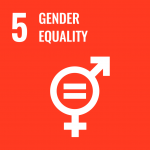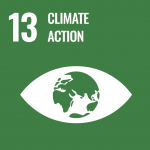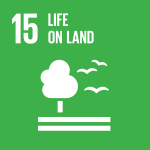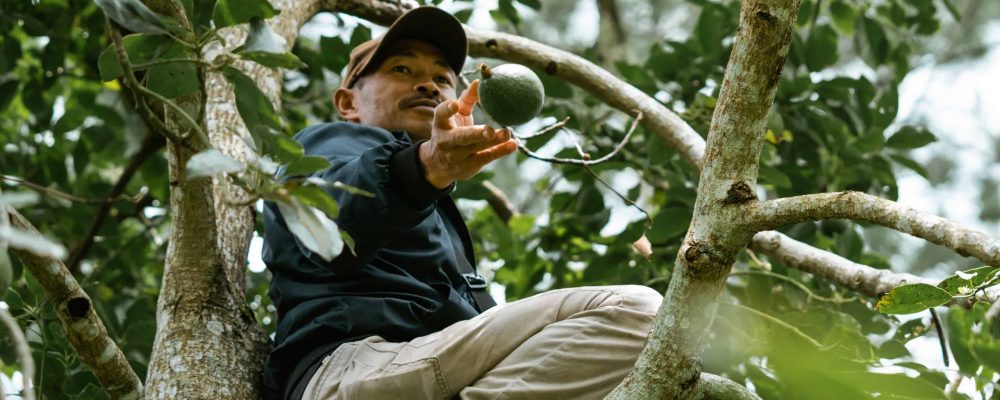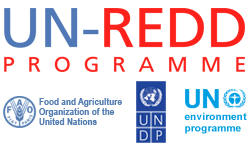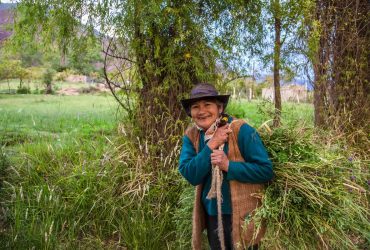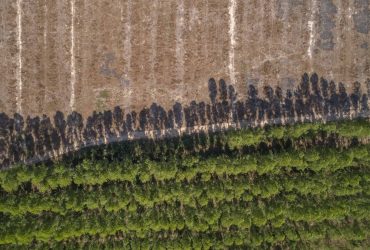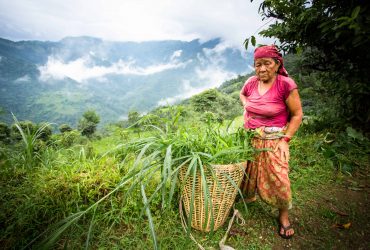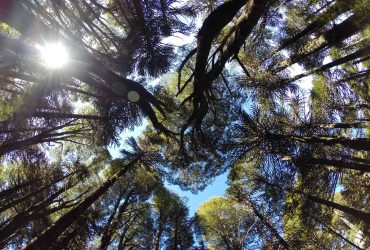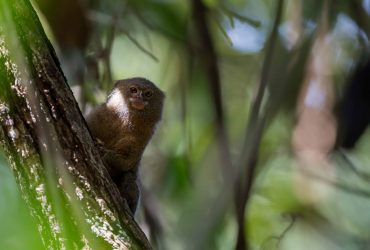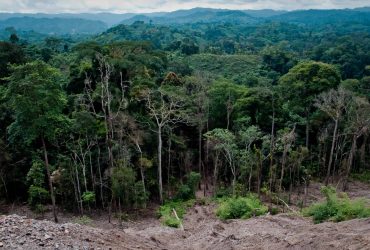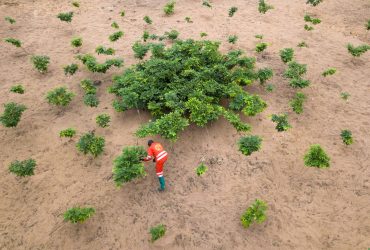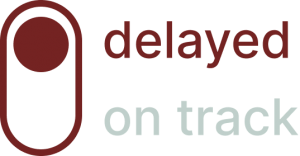


In September, 2022, Indonesia submitted an enhanced NDC.
Forest Solutions Realized: UN-REDD supported the completion of a national assessment of the extent and change of Indonesia’s mangroves and the drivers of change over the past 30 years. This important output was achieved through an innovative approach, comprising 40 Ministry of Environment and Forestry of the Republic of Indonesia (MoEF experts (17 females, 43 percent) supported by UN-REDD technical experts. These experts worked to interpret high-resolution satellite imagery of 3,000 samples across all areas in the country likely to have mangroves; it is recognized that the collaborative approach led to a successful output. Moreover, this served to benefit capacity development for technical staff, while enabling the delivery of a new database and statistical set for mangrove areas and changes over time. The findings include an increase in the total mangrove area and provide statistical accuracies and confidence in the results, as well as estimates of the drivers of change over time. This can be useful for improving national reporting on climate change because of the high-carbon content of mangrove ecosystems and can serve to improve the management of mangroves and the vital environmental services they provide.
Indonesia had success in Results-based Payments (RBP) under the UN Framework Convention for Climate Change (UNFCCC) with $103 million from the Green Climate Fund (GCF) for results from 2014- 2016 in August, 2020. The Indonesian Environment Fund (IEF), with technical inputs from UN-REDD, developed policy, legal and operational documents on REDD+ fund distribution.
As part of on-going support to the IEF’s aspiration to be an entity on par with internationally reputable environmental fund agencies, UN-REDD supported their considerations to be a GCF National Accredited Entity. This was in collaboration with the World Bank through their Technical Assistance to IEF. During 2022, the IEF, with UN-REDD technical assistance, also worked on designing a Climate and Resilience Fund (CRF). The fund will use future potential RBPs to attract upfront private investment for REDD+ implementation. Development and operationalization of the CRF will continue in 2023. This activity seeks to provide additional sources of finance to IEF to accelerate FOLU Net Sink 2030 implementation.
Forest solutions rewarded: UN-REDD has been working with IEF and MoEF on the development of incentives to reduce emissions by providing a strong incentive to forest owners and users to manage forests better through jurisdictional RBPs. RBPs are a way to help Indonesia achieve the emissions reductions targets of the FOLU 2030 Plan and the National REDD+ Strategy with international support. The payment will be able to support sub-national governments in achieving sub-national emissions reductions targets.
Responding to Indonesia’s request, UN-REDD supported the country with resource mobilization for the continuation of peatland restoration efforts to mitigate the largest source of GHG emissions in the AFOLU sector. For this, existing finance sources for peatland restoration and sustainable livelihood development were studied with a local civil society organization.
Forest Solutions Enhanced: Indonesia proposed restoration to2.4 million hectares of peatlands and 600,000 hectares of mangroves, which will enhance the forest and carbon mitigation quantities. Through UN-REDD support, several Indonesian Ministry of Environment and Forestry staff learned about SE.PLAN, an innovative new tool to help countries plan forest restoration. The tool includes a wide range of economic and environmental data, including satellite imagery to enable rapid interactive assessments of various land management scenarios. The tool can identify potential locations where the benefits of forest restoration are high, relative to restoration costs and subject to biophysical and socioeconomic constraints, and users define areas where restoration is permissible. A country-specific training on SE.PLAN is planned to further investigate opportunities for assessing restoration potential in Indonesia and as a contribution to Indonesia’s environmental restoration efforts.
A report outlining the existing efforts within Indonesia and different regions for reducing wildfire risk, resulted in a Fire Danger Rating System (FDRS) assessment report, which was presented to the MoEF with an offer to organize further consultations and support. This work area can further benefit from support through the new FAO—UNEP Global Fire Management Platform, which was also presented and discussed with government during COFO in Rome in October, 2022.
Similarly, an updated report of existing peatland fire emission factors was compiled, listing the key gaps in the technical work area. The report could contribute further to the government’s efforts to better understand and reduce the emissions from peatland fires.
Peatland’s groundwater level is a key indicator, alongside its subsidence, as defined by the IPCC Wetlands Supplement published in 2014. In 2019, FAO was able to demonstrate through a NICFI-funded support project to the Mangrove and Peatland Restoration Agency that Indonesia’s degraded peatlands and restored areas’ soil moisture works as an indicator of the groundwater level. FAO strove to further refine the soil moisture tool on SEPAL platform, a tool the government is actively using (both the Ministry of Environment and Forestry, as well as the Peatland and mangrove restoration agency, BRGM on its publicly available Peatland restoration information monitoring system – PRIMS) to allow for more refined emissions estimates. An agreement with a civil society organization, supported by NASA, for exchanging important amounts of field data (a limiting factor for the tool refinement) was finalized in late 2022, and work for the soil moisture tool refinement will start in early 2023.
The scope of UN-REDD technical assistance for 2022 was lower than anticipated, mainly due to the COVID-19 pandemic. This resulted in a diversion of the national budget, including key human resources, away from some environmental areas. According to the second version of the State of Indonesia’s Forests (SOIFO), released in December, 2020, it is expected “the emissions reduction targets of 29 and 41 percent will not be revised, as the 29 percent target is considered quite ambitious, as well as the large challenges expected to ensure the conditions that must be achieved to reach these targets”. UN-REDD activities in Indonesia in 2022 continued at a lower level but supported the development of capacities and systems for improving the accuracy and completeness of the MRV systems, including gap-filling in areas such as mangrove, peatland and fire emissions. Identification of gap-filling actions will be based on demands formulated by the MoEF, through its research and development agency and the Directorate of Climate Change Control, with the aim to better capture GHG emissions from mangroves, peat decomposition and fire (which have been not fully included in the latest FREL).
UN-REDD is still in consultation with the Indonesian Government on the overarching arrangements for technical support. Activities continuously under development are strongly supported by and implemented in cooperation with MoEF; positively, these activities have been successful. However, as overall activity levels are less than planned, it is expected that overall progress will be delayed.
The upcoming election period, as well as retirement and changes in the key focal points within the key agencies can be expected to change the context further. Close international collaboration on peatland and mangrove matters by the international centres established by Indonesia helps bring global attention and national commitment to the key areas where climate change mitigation efforts are yet to be achieved.
There have been encouraging signs of increasing engagement with Indonesia during 2022. The Ministry for Environment and Forests led a delegation to Rome in October to launch the State of Indonesia’s Forests report; the national focal point for fire risk reduction expressed keen interest in further collaboration on fire matters. UN-REDD supported the drafting and reviewing of the report, as was done for previous editions in 2018 and 2020. The reports highlight Indonesia’s efforts to increase transparency in reporting on forest and environmental issues.
UN-REDD supported Indonesia’s G20 Presidency to advance environmental issues through several presentations and workshops on the importance of peatlands and mangroves for climate change and environmental services. This was also mentioned in the final Bali Leaders’ Declaration G20 process. The G20 member states participated and made many positive comments on their progress and indications of increased attention and efforts to address climate change through forests, peatlands and other types of wetlands as part of their climate change actions.
UN-REDD continued to consult with Indonesia on the development of the 2022-25 workplan and administrative arrangements. Communication with MoEF is ongoing and the intent remains to work to find a mutually acceptable arrangement to continue and expand upon currently available technical assistance. Missions are planned in early 2023 and seek to achieve high-level discussion in greater detail, to be followed by the development of technical workplans to meet Indonesia’s needs.
Within the context of the design of the sub-national RBP in Central Kalimantan, UN-REDD has worked on progressively mainstreaming gender and social inclusion in the RBP, particularly strengthening of Indigenous institutions like handil associations and forest management and ensuring that future payments will encourage gender equality as traditional forest management has been gender biased.
Collaboration through the Global Peatlands Initiative, with UNEP and FAO as founding members, continues with joint international and national visibility and activities. The initiative currently has over 50 members.
UN-REDD has deepened partnerships with bilateral development partners like the World Bank, USAID and FCDO. In addition, UNEP has initiated stakeholder consultations with sub-national governments, the private sector, and civil society, and through innovative green financing, is engaging with potential investors.
Results from the UN-REDD Programme are expected to contribute to the achievement of the country’s objectives in relation to SDGs 5, 13 and 15, among others.
